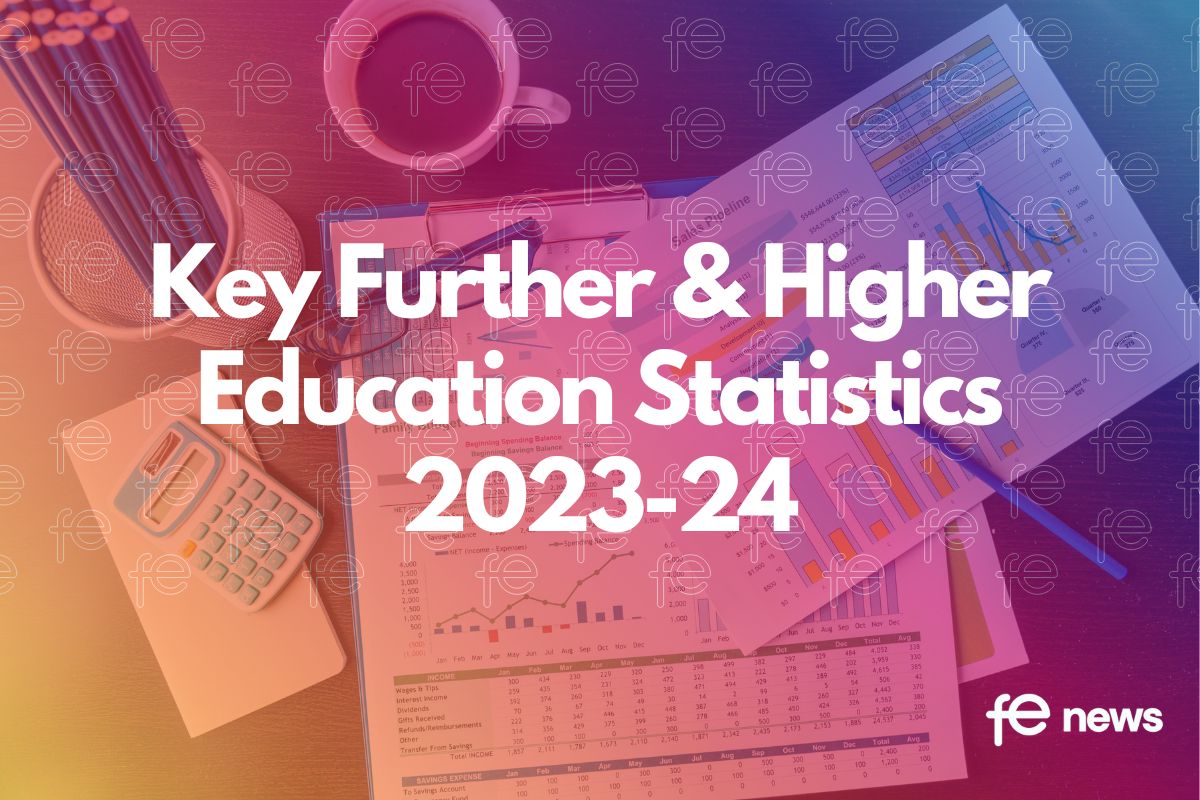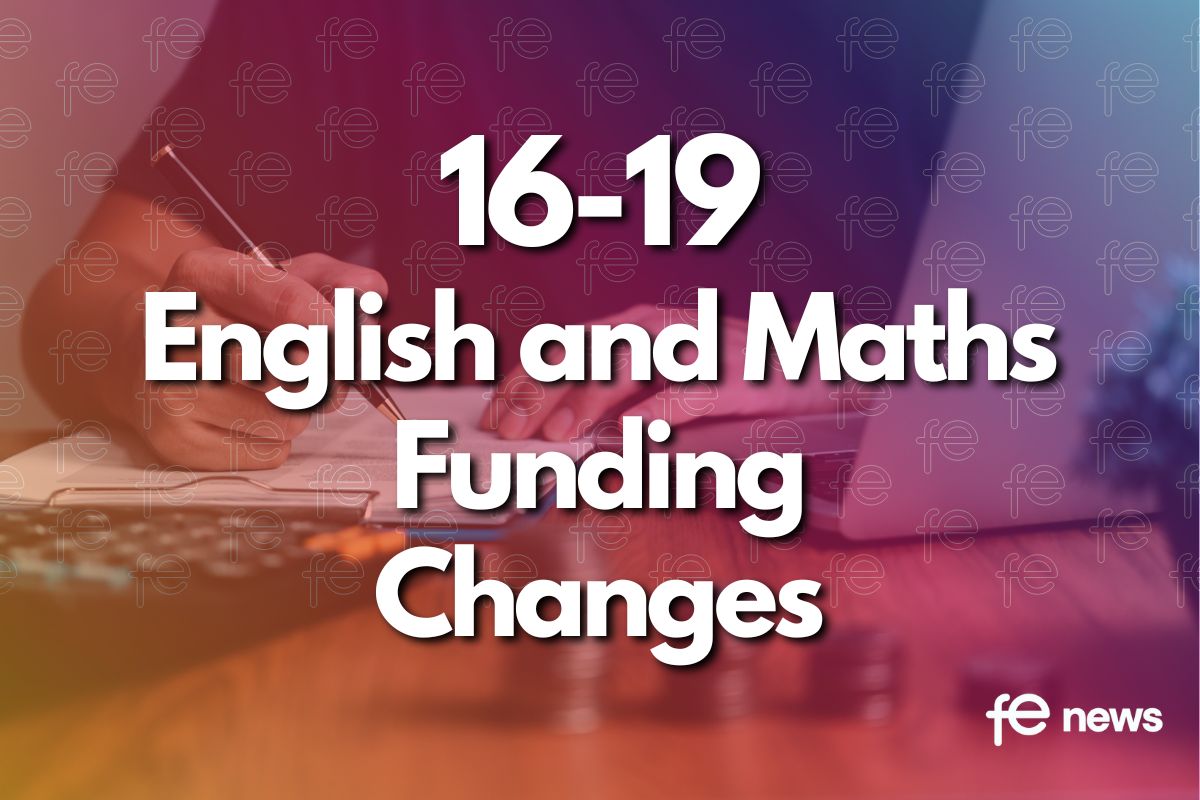Electrical sector welcomes PM’s apprenticeship announcements, but calls for more actionable detail

Leading electrotechnical and engineering services trade body ECA has broadly welcomed today’s pledge by Prime Minister Rishi Sunak to create up to 20,000 more apprenticeships with a series of reforms to funding and bureaucracy.
While ECA welcomes the removal of the co-funding requirement for SMEs recruiting apprentices aged 21 or under, the association says the resultant saving of just £2,000 over 4 years isn’t likely to sway many more small electrical contracting firms into shouldering the much greater financial and administrative responsibilities currently imposed on employers.
Additionally, as an industry which is largely male dominated, ECA recognises the need to increase diversity in our workforce. ECA calls on Rishi Sunak’s new industry-led taskforce to recognise the challenges of boosting gender diversity in SME dominated industries essential to the UK’s net zero and digital transformation, including the rapidly expanding electrical contracting sector.
ECA Chief Operating Officer Andrew Eldred said:
“99.8% of electrical contracting firms are SMEs. ECA has been calling on government for some time to offer better targeted support, especially to small and micro businesses, to help reduce the various bureaucratic and financial disincentives currently discouraging them from employing more apprentices.
“We have consistently made the point directly to parliamentarians and through representative bodies such as the CBI and FSB, that SMEs need a range of support to encourage more to recruit and train . ”
For the last several quarters, survey data for the engineering services sector, which includes electrical contracting, has shown that shortages of qualified staff are the top commercial issue of concern to business owners, holding back growth.
Andrew Eldred added:
“Properly addressing the UK’s long-running shortage of qualified electricians necessitates looking at extra incentives for employers to take on not just recent school-leavers, but also career changers , women returning to work, and other older individuals who have not yet completed their qualifications.
“Experienced Worker Assessments and NVQs for adult learners are the among the fastest way to increase the skilled workforce, yet in England these courses almost invariably have to be paid for by individuals or their employers. This is a missed opportunity to boost the size and diversity of the workforce . With the rapidly growing electrification of the UK, we are in a race against time.”
ECA Director of Legal and Business Rob Driscoll said:
“It’s brilliant to see the comeback of the Help to Grow Scheme which was just coming into its own as a real support to start-ups and small businesses when it was formerly withdrawn. It’s also refreshing to see the investment in apprentices as a way of allowing the next generation of talent to learn technical excellence in a live working environment as well as the investment in female-led start-ups.
“However, the increase of headcount from 250 to 500 employees for the definition of SME at a time when digital transformation reduces the need for headcount seems counter-intuitive to ensuring large firms take compliance seriously. This will move many large firms out of a raft of compliance requirements and into the category of SME compliance, when an organisation of 500 employees is, in reality, quite substantial.”










Responses